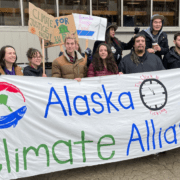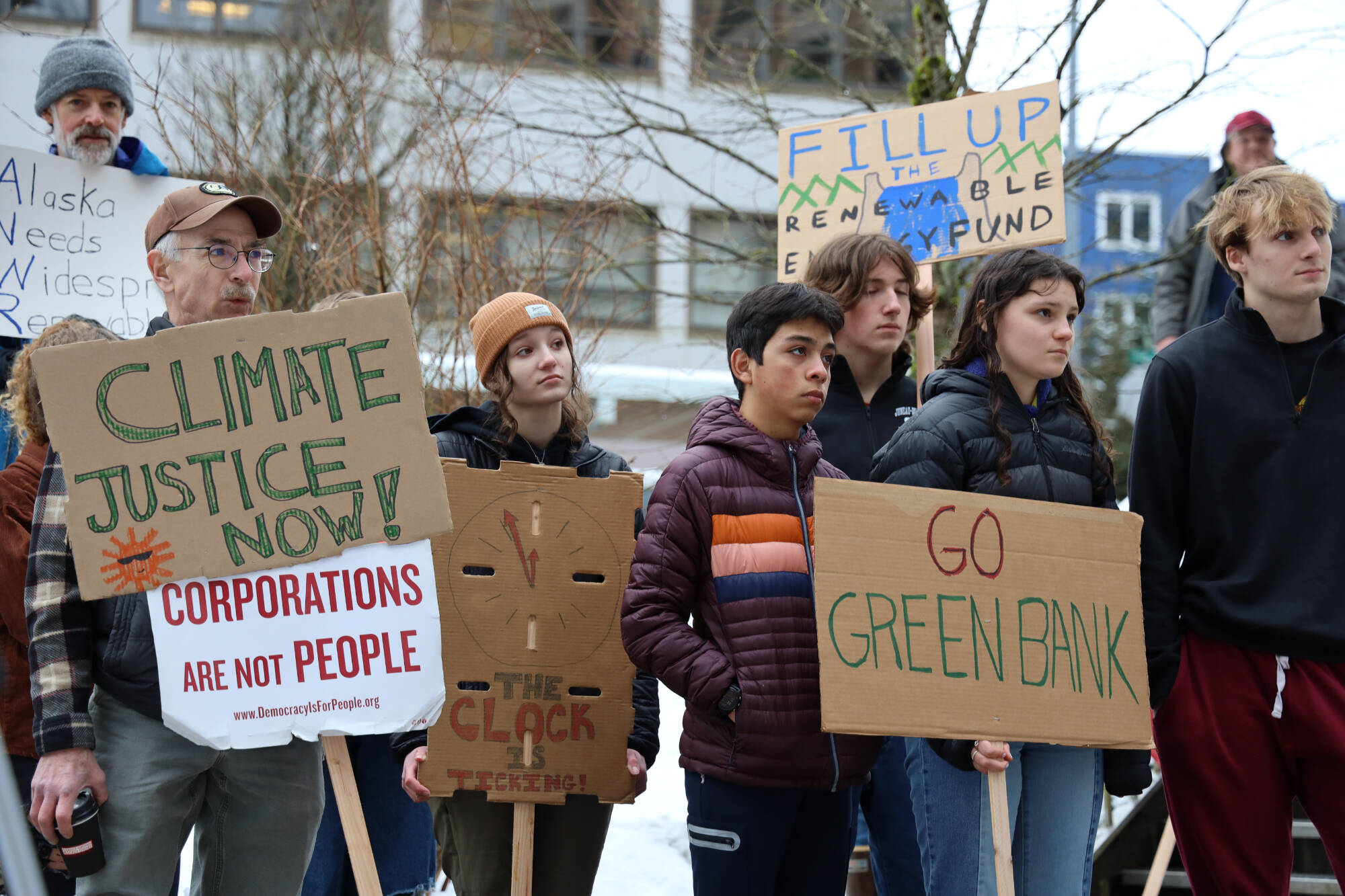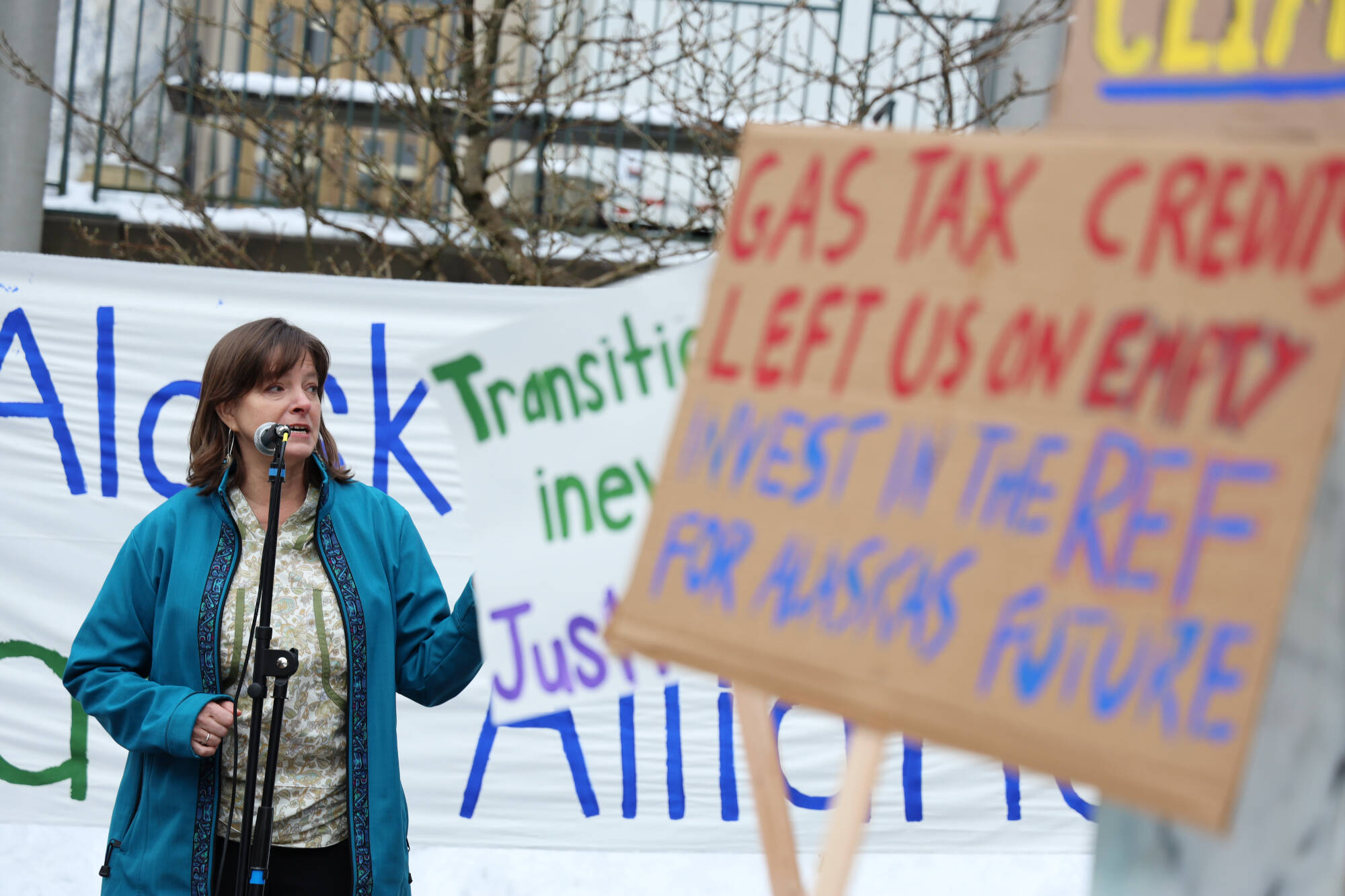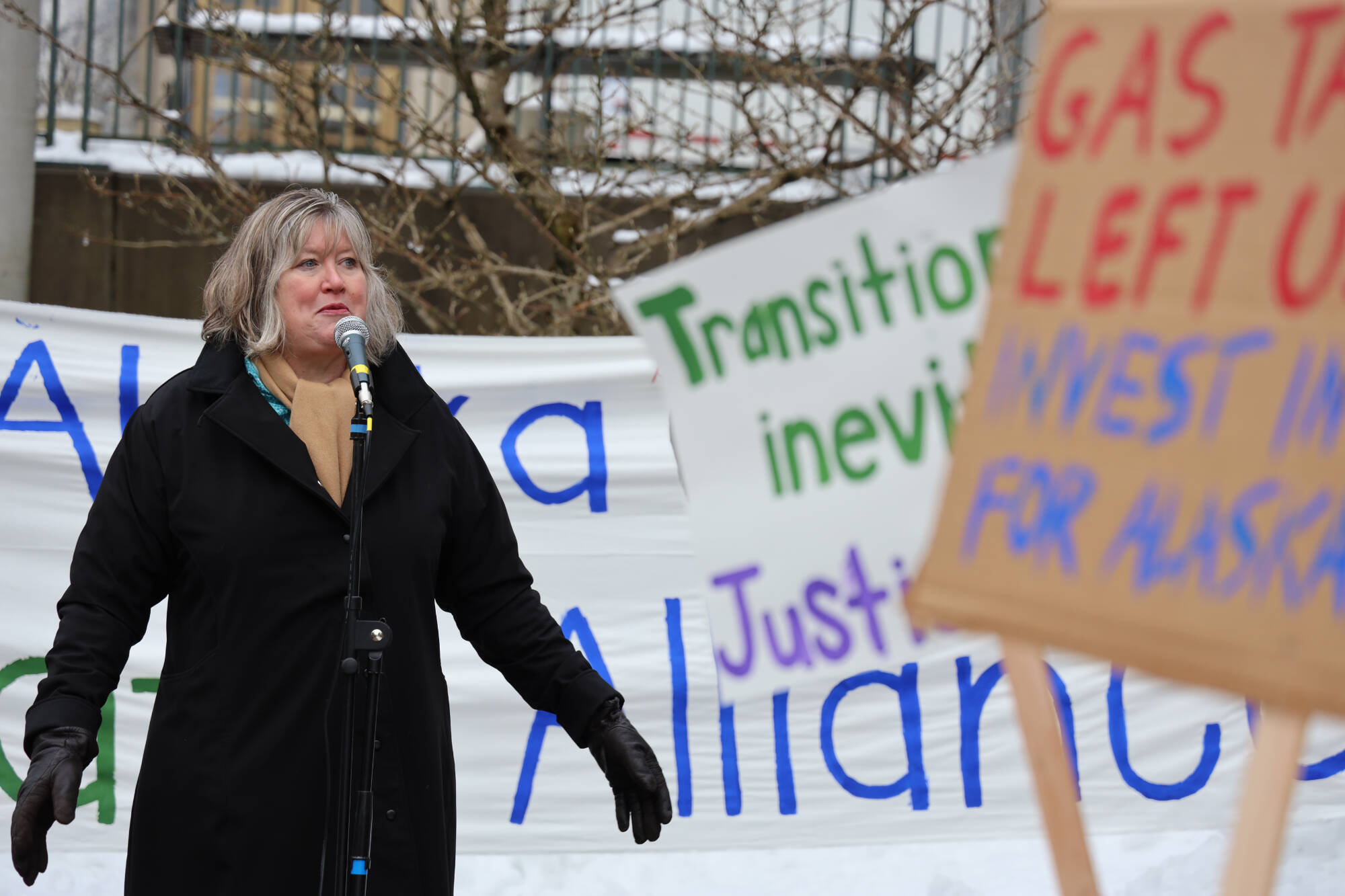The unchecked leaks: Tax Loopholes, and Sliding Scale Credits
[cs_content][cs_element_section _id=”1″ ][cs_element_layout_row _id=”2″ ][cs_element_layout_column _id=”3″ ][cs_element_text _id=”4″ ][cs_content_seo]If our state were a car (of course, our state would never be a mere car, it would be a badass F-350 Ford truck with an obnoxious decal on the rearview window and a snowmachine in the back), but say it was an automobile of some kind, it would be wise for the operator to take heed of leaking fluid left on the ground in the parking lot – be it oil or be it antifreeze or any other toxic ooze from the underbelly. A sound and sober assessment would lead the driver to fix the leak so the engine did not blow up.
We need the Alaska State Legislature to do this with the S-Corporation loophole that allows Hilcorp to reap huge profits in Alaska and pay no corporate income tax, taking all of the money back to Texas HQ. At the same time, our education system teeters in a funding crisis. Of even greater fiscal importance, the legislature needs to address the sliding scale tax credit it gives to oil companies that have already deprived the state of Billions in revenue that could have gone toward building up our state.
Alaska seems stuck in a strange acceptance of a condition that is not right or well or normal. We do not need to accept underfunded schools, leaky roofs, potholes up the wazoo, insignificant investments in renewable energy, bridges, ferry vessels, ports, libraries, and museums. We don’t need to be saved by federal investment (though it helps) – we have the tools to fix the problem, and we have the problem right in front of us seemingly every year since the passage of the abysmal SB 21 oil tax policy/blatant give-away/almost criminally insane financial maneuver.
The good news is that there are options for addressing the roughly $600 million budget deficit. Not all of them are politically realistic in the current zeitgeist – say zeroing out the permanent fund dividend or imposing a progressive income tax. Some are realistic, including requiring oil companies incorporated under IRS Code as S-Corporations, to pay state corporate income tax. The Department of Revenue has estimated this would bring an additional $47 to $61 million per year into state coffers. On the other hand, the oil tax credit system deprived the state of an estimated one Billion dollars in Fiscal Year 2022. Modifying the oil tax credit system through simple tweaks could bring in enough revenue to bridge the deficit gap. These changes could solve our deficit promptly instead of imposing a broad-based sales or income tax, which would take a few years to set up before the state would see increased revenue. The simplicity and the immediacy of this fiscal fix makes it essential.
Another reason to take note this year specifically – is that these changes are proposed in a bipartisan piece of legislation sponsored by the powerful Senate Rules Committee, SB 114. Rumor has it that many lawmakers and the Governor are keeping their ears open to the proposal. As the legislative session enters its final stretch, there seems to be some cohesion around the idea that something needs to happen on the fiscal front and that the oil and gas industry needs to be at the table providing solutions and helping with the hard work. SB 114 is a reasonably moderate proposal – it simply would have Hilcorp pay the same tax that the other majors, Exxon and Conoco, are already paying. It would not do away with tax credits. It reduces them and ties them directly to capital investment in Alaska.
We know from history that nothing is straightforward regarding the oil tax code or any tax code for that matter. It is a cozy nest and a protective bramble for attorneys, accountants, and few others. Please expect that the legislature will be very deliberative when it comes to significant changes, not wanting to upset the status quo or break any eggs in the process. SB 114 might be just the ticket. It makes fiscal sense, gets us out of our deficit problem, and would make a rounding error dent in the profit of our major oil companies.
Tell your Senator you support this fix, so Alaska can keep on Truckin’.
Vroom, Vroom,The Alaska Center
\n\n[/cs_content_seo][cs_element_button _id=”5″ ][cs_content_seo]Find Your Elected Officials’ Contact Info\n\n[/cs_content_seo][cs_element_gap _id=”6″ ][/cs_element_layout_column][/cs_element_layout_row][cs_element_layout_row _id=”7″ ][cs_element_layout_column _id=”8″ ][cs_element_button _id=”9″ ][cs_content_seo]Bills To Watch\n\n[/cs_content_seo][/cs_element_layout_column][cs_element_layout_column _id=”10″ ][cs_element_button _id=”11″ ][cs_content_seo]More Hot Takes In A Cold Place\n\n[/cs_content_seo][/cs_element_layout_column][/cs_element_layout_row][/cs_element_section][/cs_content]











 [/cs_content_seo][/cs_element_layout_column][/cs_element_layout_row][/cs_element_section][/cs_content]
[/cs_content_seo][/cs_element_layout_column][/cs_element_layout_row][/cs_element_section][/cs_content]